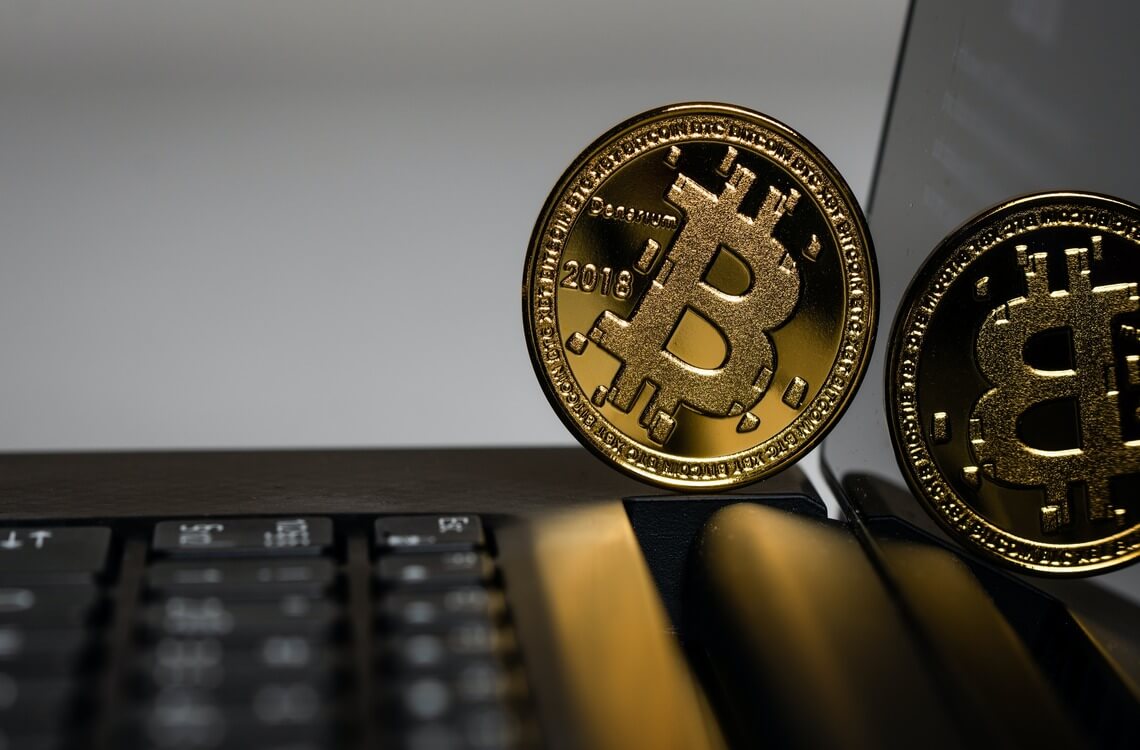In a surprising turn of events, Peter Schiff, a well-known gold proponent and critic of cryptocurrencies, recently fell victim to a hack on his Twitter account. The incident occurred just days after Schiff had announced the launch of his own NFT collection on Bitcoin Ordinals, which had already raised eyebrows within the crypto community. This article delves into the details of the hack, the subsequent fake gold coin scam, Schiff’s stance on cryptocurrencies, and the implications of his recent foray into the world of NFTs.
Peter Schiff’s Twitter Account Compromised in Apparent Hack
Peter Schiff’s Twitter account became the target of a hack, where the perpetrator took control and used it to promote what seemed to be a fraudulent gold coin scam. The incident caught the attention of Twitter users, including Schiff’s son, Spencer Schiff, who promptly warned followers not to click on the link shared by the hacker. Given Peter Schiff’s vocal criticism of cryptocurrencies, the hack raised eyebrows and sparked discussions within the crypto community.
The hack on Peter Schiff’s Twitter account not only raised concerns about the security of prominent figures on social media platforms but also highlighted the irony of a staunch crypto critic being targeted for promoting a fraudulent gold coin scam. The incident fueled debates about the vulnerabilities of online platforms and the potential for misrepresentation in the digital asset space, further emphasizing the need for increased security measures and vigilance within the crypto community.
Hacker Announces Fake Gold Coin Scam, Contrary to Schiff’s Beliefs
The hacker, operating through Schiff’s compromised Twitter account, announced the official launch of a cryptocurrency token named Gold. The hacker’s tweet emphasized the token’s ability to bridge the gap between physical and digital currency, aiming to empower the Web3 community. This move starkly contrasted with Peter Schiff’s well-known stance against cryptocurrencies, where he has consistently argued that they hold no intrinsic value.
The hacker’s announcement of the Gold token, which claimed to bridge the divide between physical and digital currency, directly contradicted Peter Schiff’s long-standing belief that cryptocurrencies lack inherent value. This stark contrast further highlighted the discrepancy between Schiff’s views and the fraudulent activity perpetrated through his compromised Twitter account, causing speculation and discussions regarding the motivations behind the hack.
Schiff’s NFT Launch and His Ongoing Criticism of Bitcoin
Prior to the Twitter hack, Peter Schiff had surprised the crypto community by announcing the launch of his own NFT collection on Bitcoin Ordinals. This move seemed contradictory to Schiff’s overall skepticism of cryptocurrencies. While he acknowledged the underlying technology behind Bitcoin and appreciated how NFTs could prove the authenticity of art, Schiff remained steadfast in his belief that Bitcoin itself lacked value.
Schiff’s NFT collection on Bitcoin Ordinals aimed to add value to his art by utilizing the platform’s ordinal system. He also speculated that the Ordinals could potentially hold extra value if his skepticism toward Bitcoin turned out to be unfounded. Despite this foray into the world of NFTs, Schiff made it clear that he had not converted to a Bitcoin supporter.
Conclusion
The hacking incident targeting Peter Schiff’s Twitter account following his announcement of an NFT collection on Bitcoin Ordinals has drawn attention to the clash between his critical views on cryptocurrencies and his recent involvement in the crypto space. While Schiff’s son, Spencer, holds a positive stance on cryptocurrencies, the hack exploited Schiff’s reputation and amplified the division between his beliefs and the hacker’s promotion of a gold-backed token. As the crypto industry continues to evolve, Schiff’s actions and statements will likely remain subject to scrutiny within both the crypto community and the broader financial sphere.
Credit: Source link















































